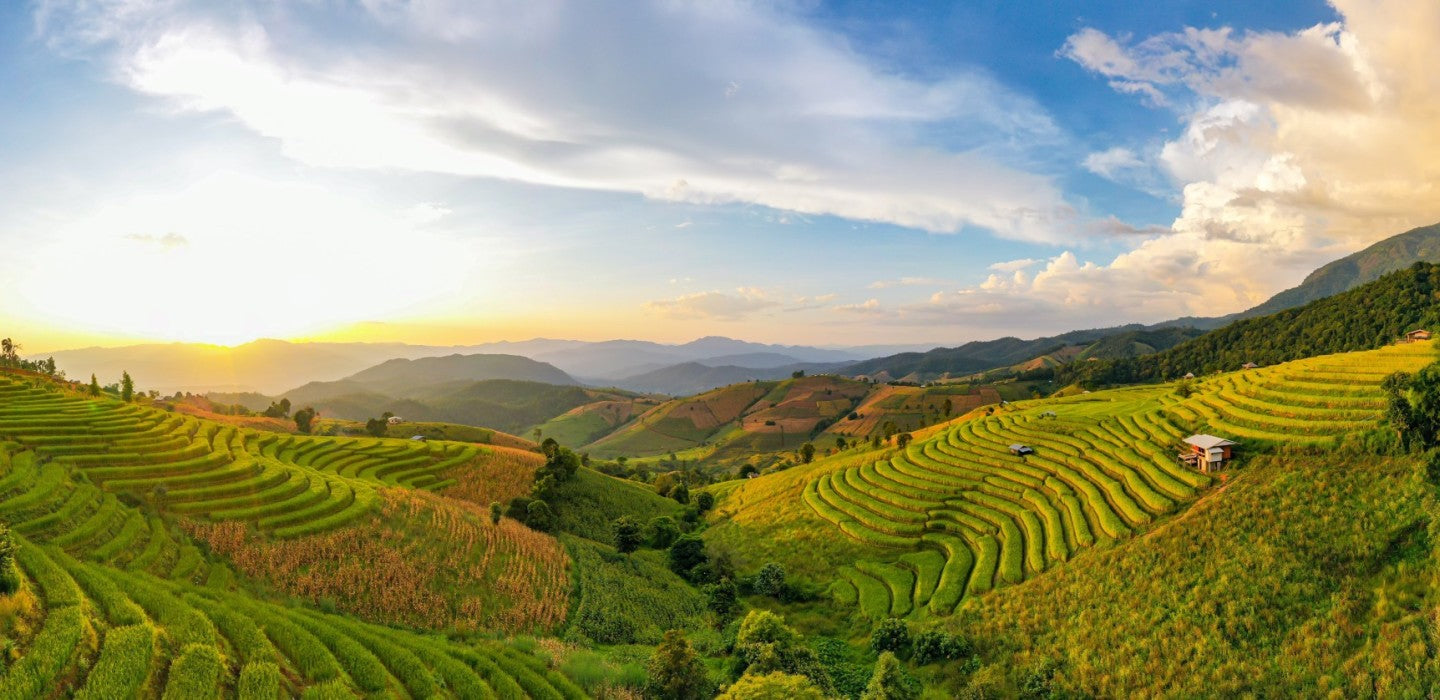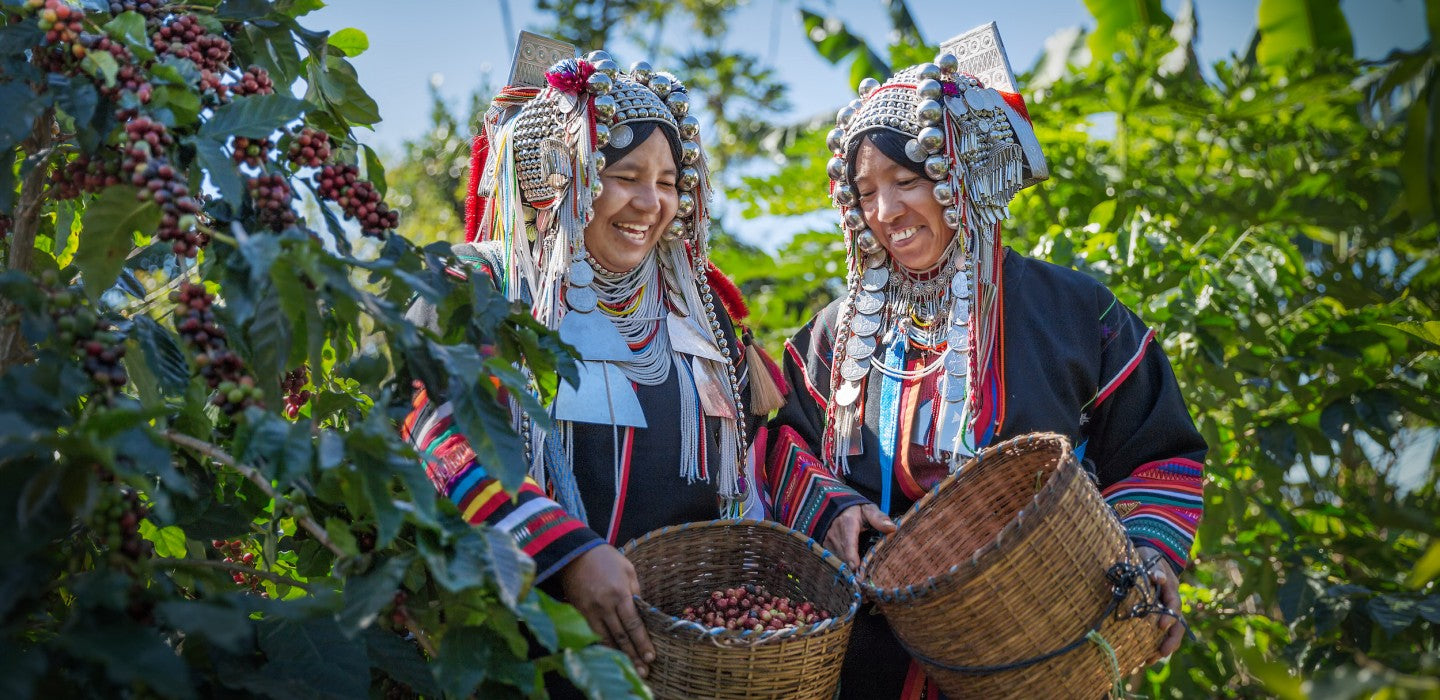Exploring Excelsa: A Rare and Delicate Coffee Variety
Why is Excelsa Coffee So Special?
Excelsa Coffee, discovered in 1904 near Lake Chad in western Africa, is one of the rarest coffee varieties globally. Under the umbrella of 'Liberica' coffee varieties, it has features somewhat atypical of the typical coffee plant. As remnants of a diverse coffee ecology, these beans bring unique flavors, not often encountered in the popular Arabica and Robusta varieties.
The Growth and Properties of Excelsa
The Excelsa Coffee plant reflects the robust characteristics of the Liberica family. The beans are comparable in size to Robusta beans, while the growth and foliage largely resemble those of the Liberica Coffee plants. Excelsa plants demonstrate growth, springing to heights of up to 20 meters. Their deep roots enable them to flourish in regions with minimal rainfall, acting as an asset in arid regions.
Despite the beans' unique features and the plant's resilient nature, Excelsa is not well-known or widely consumed. Indeed, its participation in global coffee production is minimal, accounting for just about 1% of the total coffee produced worldwide.
A Haven for Excelsa: The Growing Region
Since its discovery, Excelsa has primarily been cultivated in Chad, Africa. The plants thrive in this region because they are highly resistant to high temperatures and can tolerate small amounts of moisture. The arid and barren soils surrounding Lake Chad form the perfect conditions for this special coffee variety to flourish.
Decoding the Flavor Profile of Excelsa
The taste of Excelsa sparks intrigue, often referred to as a rarity among its coffee counterparts. Owing to its maturation in drier regions, the coffee has a powerful, earthy flavor profile. However, this can be an acquired taste for some. To balance the robust flavors, Excelsa Coffee is frequently blended with other coffee varieties.
Acquiring Excelsa Coffee: A Rarity on the Market
While Europe and, consequently, Germany have seen an availability of Excelsa Coffee, its rarity is undoubted. The vast majority of the small scale of Excelsa produced is consumed in its country of origin, making export quantities negligible. The low demand for this coffee variety further relegates it from traditional supermarket shelves to speciality stores where it can purchased at a premium.
Conclusion
In conclusion, Excelsa is a unique coffee variety with quite specific, less-explored attributes and flavor notes. Its robust growth, tolerance to severe conditions, and distinctive taste profile make it an interesting subject in the world of coffee. Thus, the act of savoring a cup of Excelsa coffee goes beyond merely enjoying a beverage. It's an opportunity to taste a slice of history, a testament to nature's ability to adapt and flourish, no matter what. So, if the opportunity presents itself, seize it and experience the subtle complexities and rarity Excelsa brings to the coffee cup. It's a taste adventure, unlike anything typically commercial coffee varieties can offer.



Leave a comment
This site is protected by hCaptcha and the hCaptcha Privacy Policy and Terms of Service apply.